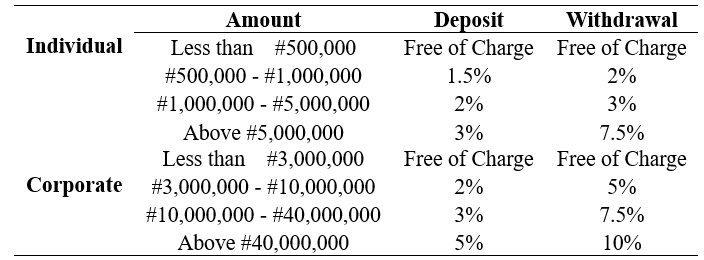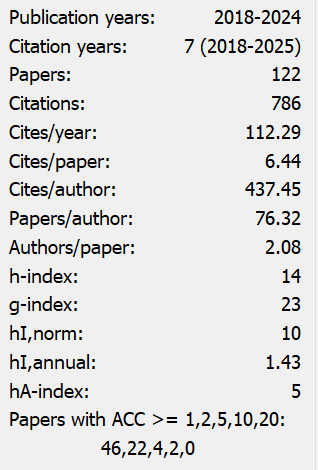Effects of Cashless Economy Policy on National Development: Evidence from Nigeria
Abstract
Prior to this time, Nigeria economy was largely described as cash and paper based economy with significant proportion of the narrow money stock in form of currency outside the banking system. In a bid to drive national development, modernization of payment system and to limit the practice of the use of cash in business transaction in line with the global economy, the Central Bank of Nigeria introduced the cashless policy in January 2012 as a pilot scheme in Lagos. Since the declaration of cashless policy, there has been controversy in the academia with respect to the effects on national development some scholars believes it benefits outweigh it challenges and vice versa. Based on this therefore, this study seeks to assess the effects of cashless economy policy on national development in Nigeria. The study reveals cashless policy has promoted effective and improved monetary policy, efficient and fast payment system, job creations and increased technological infrastructures. The study suggests that government should promote efforts that will encourage cashless policy in Nigeria.


This work is licensed under a Creative Commons Attribution 4.0 International License.
Copyright for this article is retained by the author(s), with first publication rights granted to the journal.
This is an open-access article distributed under the terms and conditions of the Creative Commons Attribution license (http://creativecommons.org/licenses/by/4.0/).


























